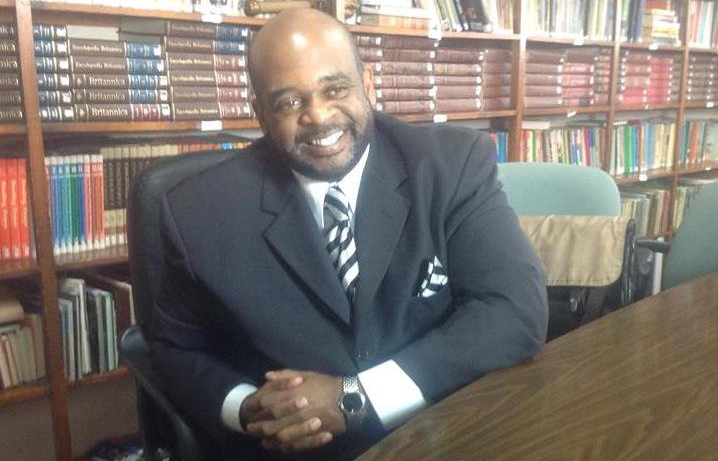
By Edward Henderson
 We are in the dawn of the technological age. George McKinney and his company, Better Life Technologies Group, are making sure the African American community doesn’t oversleep.
We are in the dawn of the technological age. George McKinney and his company, Better Life Technologies Group, are making sure the African American community doesn’t oversleep.
In August, the company developed a partnership with the historically black University of Arkansas at Pine Bluff. Better Life recently secured a patent on a device that detects blood content and glucose in a non-invasive fashion from emissions that come from the skin. A welcome development for individuals who fear needles at doctor’s appointments. The glucose diagnostic system can be worn like a watch and help detect early stages of cancer and symptoms of diabetes. Once their newest invention receives funding, Pine Bluff will dedicate staff and faculty to solve the technological problem of diabetes and other issues in our community.
“A lot of times, the tech companies don’t go to black institutions to solicit those minds to develop new technologies,” said McKinney. “When a black tech company gets together with a black university to solve problems in the scientific community, I think that’s trail blazing, different, and a story that needs to be told. I’m hoping this becomes a model for the future.”
McKinney’s father graduated from Pine Bluff and he was able to forge the connection during a visit with the Dean of Engineering. After several discussions, the dean sent a letter pledging their support to the project.
McKinney first developed his love for technology as a child. He frequently visited the Elementary Science Institute and was exposed to building radios, oceanography and science. He shifted away from the sciences as he got older, opting to venture into the insurance industry.
“There was really nobody to be a big brother to encourage us to get into this. I believe the lord gave me a vision of how this device should come about. The scientists, physicians and everyone else came into play organically.”
Part of the inspiration for the device came from tragedy. A child drowned in McKinney’s pool during a party. While creating a prototype for a device that would help monitor swimmer’s vitals when they’re in the pool, scientists McKinney was working with stumbled upon the technology used in the glucose diagnostic system.
McKinney has been focused and determined to advance the technology ever since. For his efforts in the field, he received the Roy Clay Award given to the top 50 African Americans in the tech industry. Clay was one of the original African American founders of Hewlett Packer in the 60’s.
In the future, McKinney is looking to see more community support of science, technology, engineering and math (STEM) programs.
“I’d like the black community to see that we have great talent. If we don’t get acclimated to the scientific community we’re going to get left behind. Our minds are sharp, we come from a different perspective, and if we start to get involved, we will be largely successful.”
One of the ways McKinney believes the community can get started is to offer support to the funding for the glucose diagnostic system.
“The challenge is to get people excited about it. We feel like we have the Holy Grail here and it’s going to change the face of medicine.”
To donate, visit their indiegogo page.


